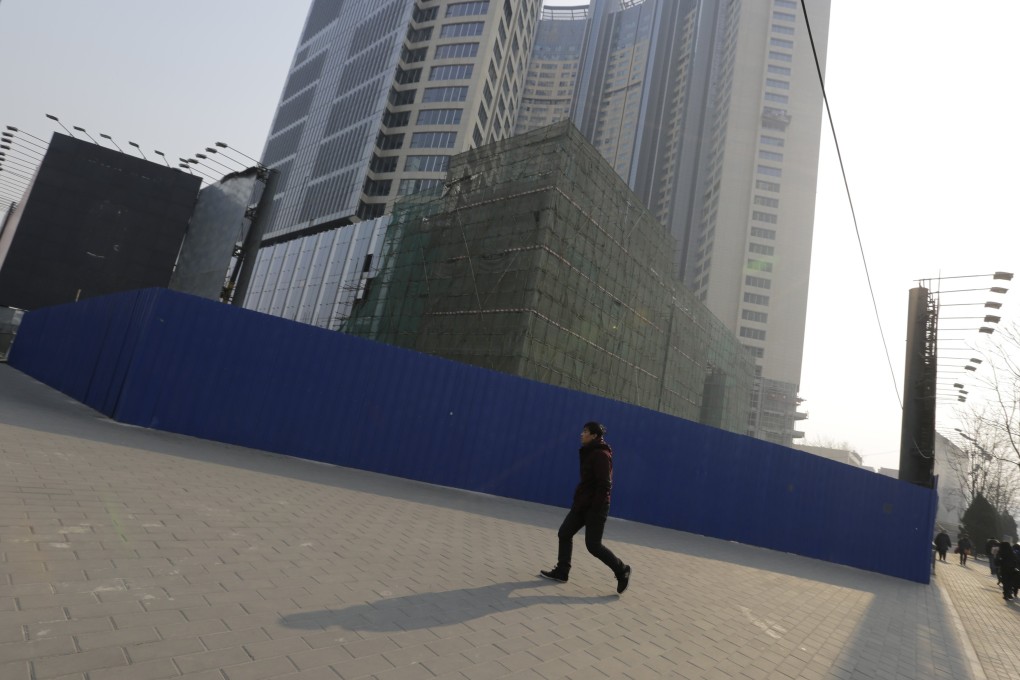
The troubles facing mainland developer Kaisa Group are expected to increase efforts from both the government and the corporate world to cut down under-the-table deals, particularly in land transactions.
In a country where corruption is rampant in the real estate industry, some analysts estimate bribes can cost a fifth of property sales. If so, that would amount to trillions of yuan.
Property sales hit a record high of 8.1 trillion yuan in 2013 and fell to 7.6 trillion yuan last year.
“The government has been trying to establish a transparent and fair land sale system in recent years,” said Hui Jianqiang, vice-head of the Beijing Institute of Housing Technical Services Association. “Public auctions have become mainstream and private agreements with developers are phasing out.”
President Xi Jinping’s anti-corruption investigations over the last two years have found the property sector a hotbed of power-for-money deals.
The People’s Daily on Monday cited top party investigation teams as saying that over 90 per cent of property projects were illegal in some areas and property- and construction-related corruption was detected in eight of the 10 areas under regular checks.